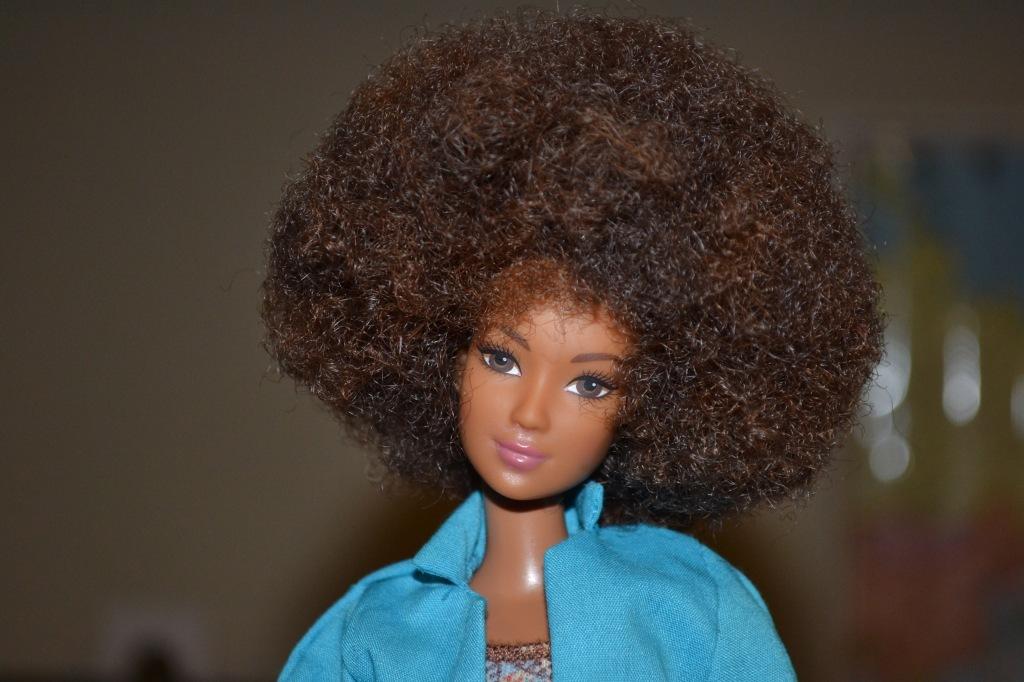The history of occidental thinking has always searched similarity. Since Ancient Greece equality between things was studied. First by Thales de Miletus, who thought that fire united all things, then by many other philosophers. That shows us that diversity is not well-accepted in our world, since we always try to unite things by similarity.
Even when we are in a group, we try to find something in common that can make it easier to bond with everyone, like a common association or a certain way of thinking. We understand that resemblance is good, whether it is regarding social relations or a look established by the media.
Why can’t different looks or features be accepted by us? Why can’t women be considered beautiful without make-up or without looking the same way it appears in media?
Curly hair, small eyes, big feet, and chubbiness: these are all common things that women do not like about their looks and wish to change. What women do not realize is that those special features are beautiful and make each woman unique.
Media is, of course, to blame for some of this negative influence on women, who feel like they have to change who they are in order to feel beautiful. We cannot, however be blameless for treating ourselves like less: women do not have to straight their hair, or to wear green contacts! We are beautiful like we were “originally” made.
An activist group thought about helping women accept themselves and did an amazing job some time ago changing standard images or brands considered by many the beauty standards. They made a makeover in a Barbie, which turned out as beautiful as the “real” one. Barbie’s straight hair is not common for everyone. So, why don’t we see more Babies with curly hair? I am sure there are a lot of girls who are left out feeling not so good about themselves just because they do not look like blond, thin Babies. 
Photo and news from Madame Noire: http://madamenoire.com/117994/womens-group-gives-barbies-natural-hair-makeovers-for-christmas/
We need to make an example out of the group and do an extreme make-over: not in our Barbies, but in our heads. We must change the way we feel about ourselves and accept the diversity of shapes and skin tones. Diversity is beautiful and, as the talented Cerys Appleton said: does it matter that we are different?
Gabriela Isa Rosendo Vieira Campos
Does it matter?
Does it matter what colour skin you have?
Does it matter what language you speak?
Does it matter that what you wear is different?
Does it matter that we’re different?
Does it matter we wear different shoes?
Have different hair colour?
Or how you learn?
Things that make us different
Make us more alike.
Cerys Appleton

No comments:
Post a Comment